
 Instagram
Instagram
Why does my hair get greasy so fast?
.png?v=1670335499733)
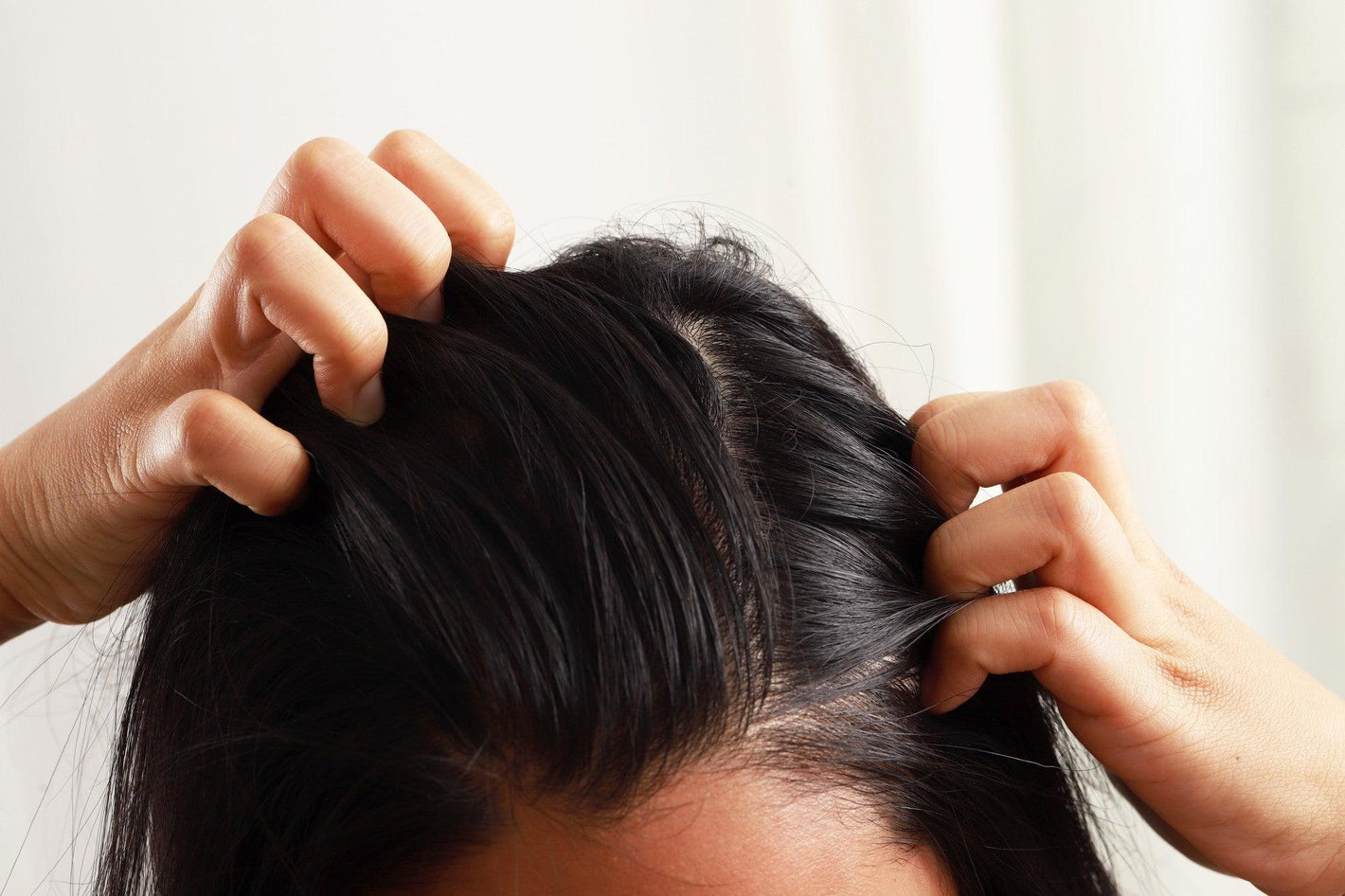
Related products
What’s covered?
It's incredibly frustrating to spend hours refining your look, washing and styling your hair for it to just end up so greasy within hours. We have all struggled at some point with this problem and we all want a quick fix for the nightmare that is greasy hair. Well, fear no more as we'll shed some light on why your hair ends up this way and some ways to fight back the grease.
Your hair gets greasy thanks to a mixture of sebum and oil that collects on your scalp. Your scalp produces sebum which is a greasy oil-like substance that has a waxy texture to it. The sebum is produced by the scalp as a protective coating over the skin that moisturizes the skin. The sebum prevents your hair from getting brittle. However, at times, you can have excess sebum that builds up and makes your hair greasy.
Causes
There is plenty of causes that could make your hair greasy. Here are a few reasons why you might have oily hair:
StressGenerally speaking stress is bad, and it effects all parts of your body not just your mind. Your hair is no exception. Stress can cause you to develop oily hair and and for your clean hair to become greasy fast. Stress meddles with your hormones and that's never good, for your skin it can cause acne and for your hair, it increases the amount of sebum being created. With excess sebum on your scalp, you'll end up with constant greasy roots and then greasy hair.
Hair typeThe type of hair that you have can also effect how greasy your hair gets. Those with thin hair or finer hairs will find that they are having to wash daily as they get oil build-up faster than other hair types. People with oily skin will also notice that they get an oily scalp more frequently, especially if they have thin hair as well.
Over-washingBelieve it or not, washing too much can actually make your hair greasy. You might notice if you wash your hair daily that you seem to develop a greasy scalp faster than others, and your first instinct might be to continue washing your hair every day but this actually increases oil production. Every time you wash your hair, you rid your scalp of sebum and your body's first response is to make more to compensate. Too much shampoo can lead to a more frequent oily scalp if you wash your hair every day.
Using the wrong techniqueThere are plenty of ways to maintain healthy hair but it's about finding the right one for you. When you wash your hair you have to make sure that you get right down to the bottom of the hair shaft to give yourself a thorough washing. You need to work the shampoo into the base of the scalp where the sebaceous glands are located, this is where the oil is produced. A deep clean with shampoo like this will cause your hair to be less greasy.
Using the wrong shampooYou might actually be using the wrong shampoo for your hair type and this is leading to your hair getting more greasy. If you have naturally greasy hair, using product that are heavy on hydration and enriching formulas could make your situation worse. You should use shampoos that rebalance your hair and don't strip you of natural oils.
Using too much conditioner in the wrong waySome conditions can over-hydrate your hair, leading to a greasy scalp. You should choose your conditioner wisely depending on your hair type.
Dirty pillow cover and hairbrushOne of the causes of your greasy hair might in fact be your pillow or even your hair brush. If left unwashed and used for a long duration, build up dead hair and other substances can dirty your hair.
Touching your hair too oftenYour hair isn't the only greasy part of your body, your hands can carry a lot of oil, dirt and germs that can contaminate your hair when you touch it, transferring it to your hair.
ExerciseThe sweating during exercise creates more oil and sebum build-up in your hair and leads to a oily scalp.
PeriodsJust as with stress, hormones have a great deal of power over the grease build up in your hair. In the build up to your period, progesterone levels increase which leads to an increase in sebum production.
How do I Prevent this?
Use the right productUsing the right shampoo and conditioner can lead to healthier hair. You should look for shampoos that absorb excess oil and sebum. You will quickly notice a positive reduction in how quickly your hair gets greasy. Apply a light conditioner to your mid-length and ends only. Do not use conditioner on the roots.
DietYour hair, skin, and overall health are affected by what you consume. Eating oily foods or foods that would cause you to have an unbalanced diet can increase your overall grease production. An unbalanced diet may be the reason for greasy hair. Try to get your daily dosage of the essential hair vitamins A, E, and D as well as iron.
Oils such as tea tree oil and peppermint oil have been found to deep clean pores present on your scalp. These can prevent your scalp and hair free from excessive sebum and oil build up.
Apple Cider VinegarOccasionally rinsing hair with apple cider vinegar can be extremely beneficial for your hair. It breaks down the oil while changing the pH of your scalp, making it less prone to getting oilier. Mix apple cider vinegar with water and soak your hair in it for some minutes. Make sure you rinse all of the vinegar out of your hair.
Aloe VeraAloe vera makes the hair less greasy and improves circulation in the scalp. Aloe vera can be used as a leave-in conditioner or washed right away to achieve maximum positive results.
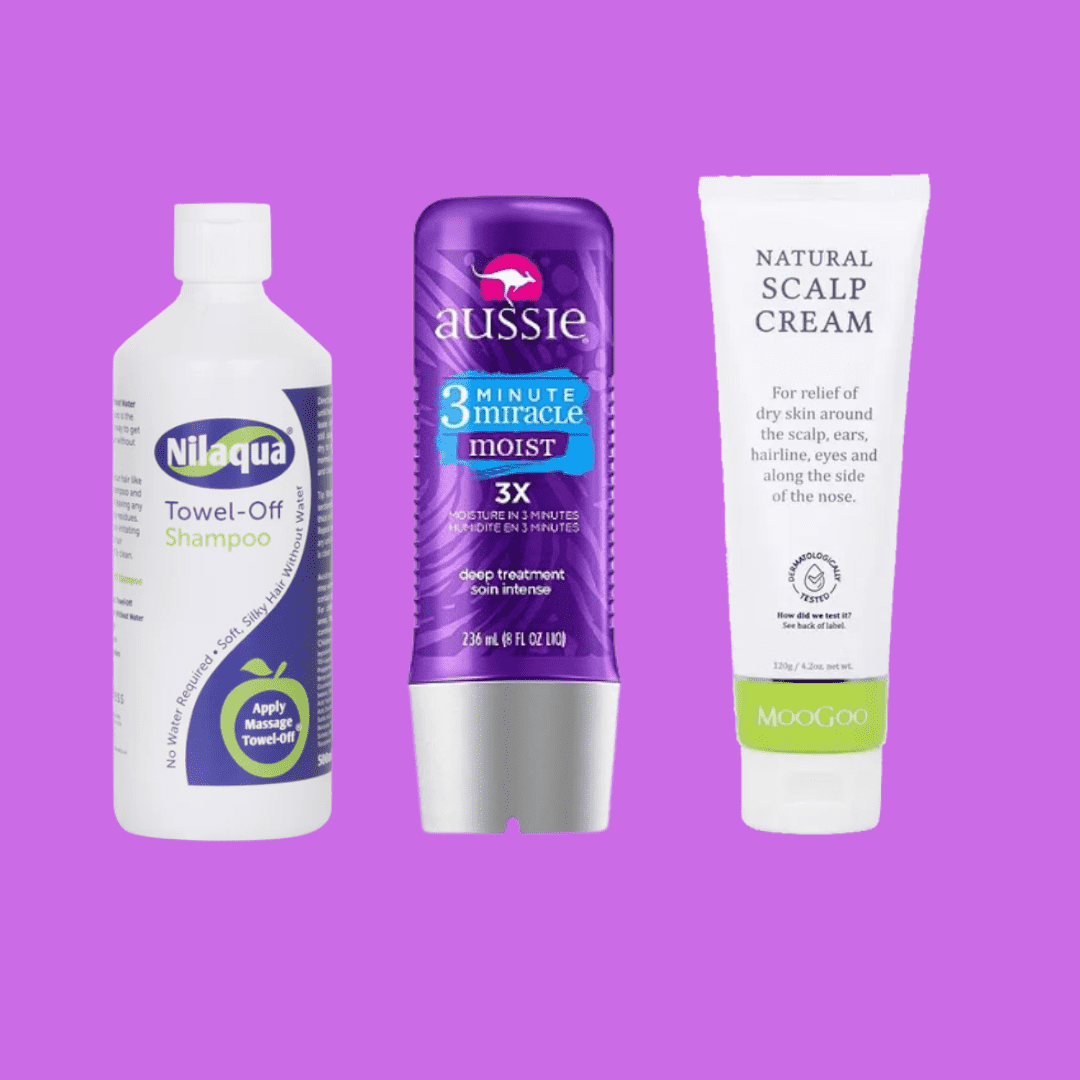
Wash your linens regularly as it can improve the overall appearance of your hair and skin. Silk pillow covers have a positive impact on both the skin and hair.
Conclusion
Greasy hair can be due to the wrong choice of products, genetics, unhealthy diet, or hygiene habits. Using the right products and practising healthy habits, you can keep those strands healthy, smooth, and oil-free. View our range of hair products for healthy hair including dry scalp treatments, shampoo and conditioners.
Related Services
- Hair loss treatment
- Finasteride
- Female hair loss blood test
- Alpecin Shampoo
- Regaine
- Regaine for women
- Regain foam for men
Related articles
- What vitamins support hair growth?
- Cures for itchy scalp and hair loss
- Can stress cause hair loss?
- Can masturbation cause hair loss?
- Can creatine cause hair loss?
- Best female hair loss treatments?
- The most common causes of hair loss
- How to cope with postpartum hair loss?
- How does DHT cause hair loss?
- Cures for itchy scalp and hair loss
- What vitamin deficiency causes hair loss?
- Can wearing a hat cause hair loss?
- Dutasteride vs Finasteride: What's Best for Hair Loss?
- Relationship between diet and hair loss
- Top 7 Hair loss treatments
- What happens if you stop taking finasteride?
- Does stress cause hair loss?
- Why do men go bald?
- Guide to hair thinning
- Hair thinning at the front - what are the options?
- 11 Ways you may be damaging your hair
- What is non-surgical hair replacement?
- Hair growth explained
- Why does hair fall out in clumps?
- 5 Signs of hair thinning
- How many hairs should you lose per day?
- Do I have a receding hairline?
- How to spot a balding crown
- Early signs of balding and how to stop it
- Regaine vs rogaine - what's the difference?
- How long does minoxidil take to work?
- What are DHT blocking shampoos?
- How to get rid of split ends

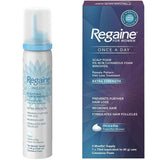

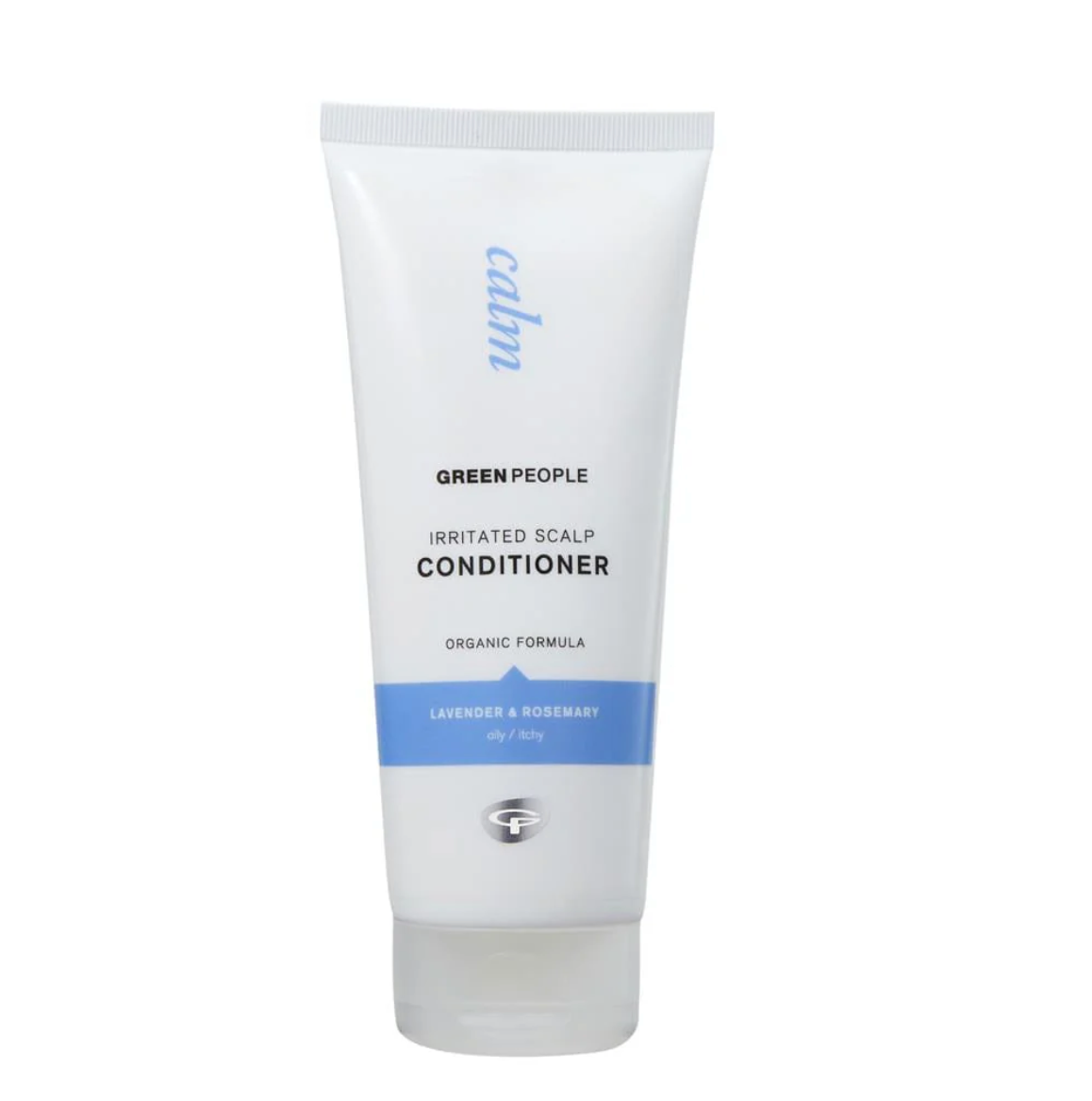


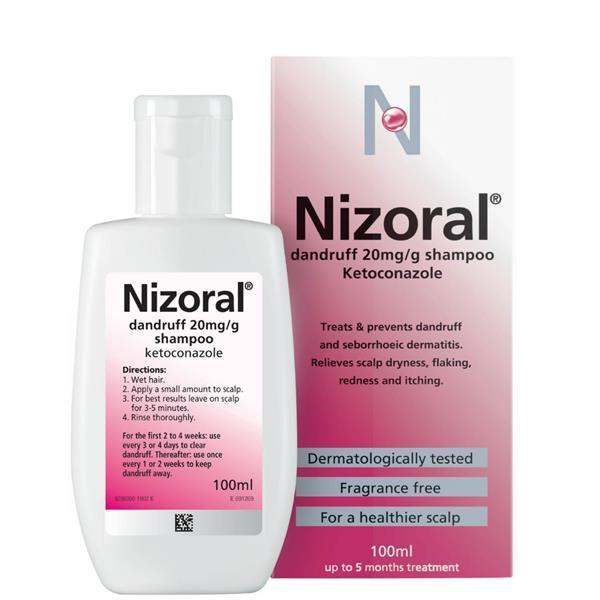

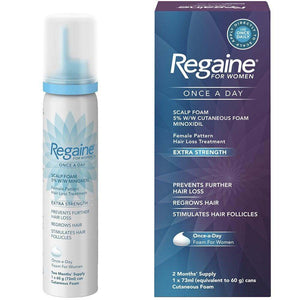
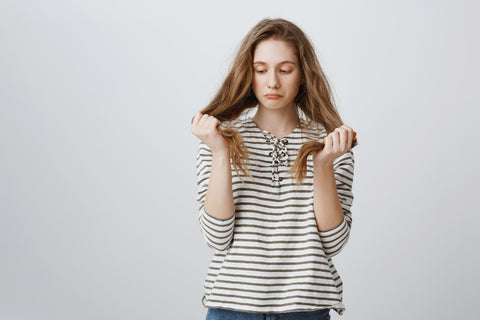
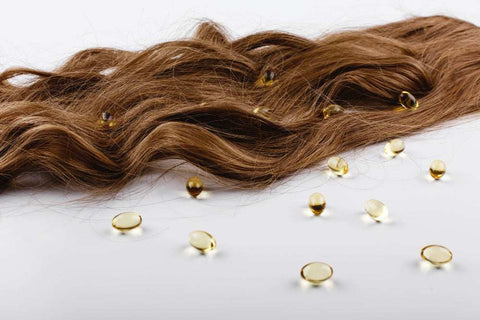

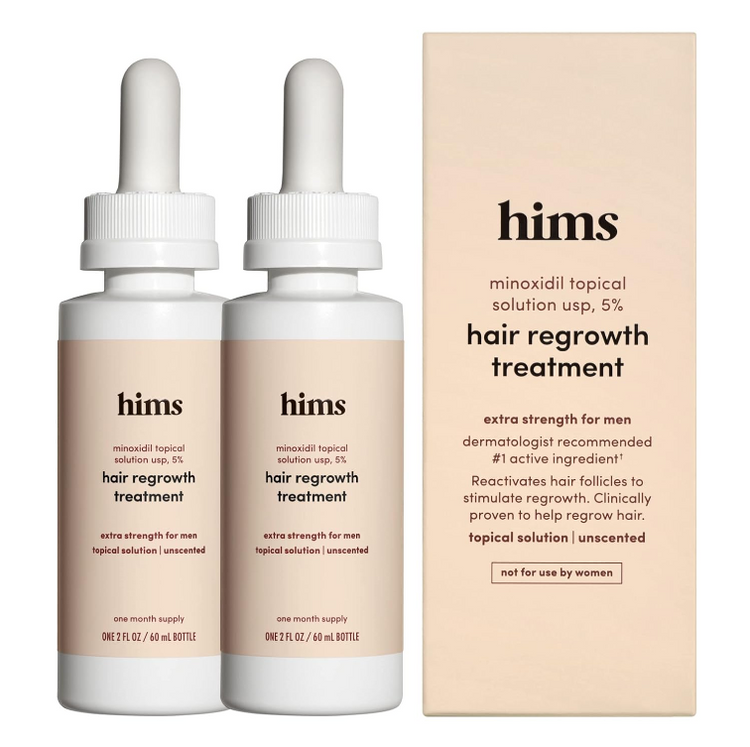
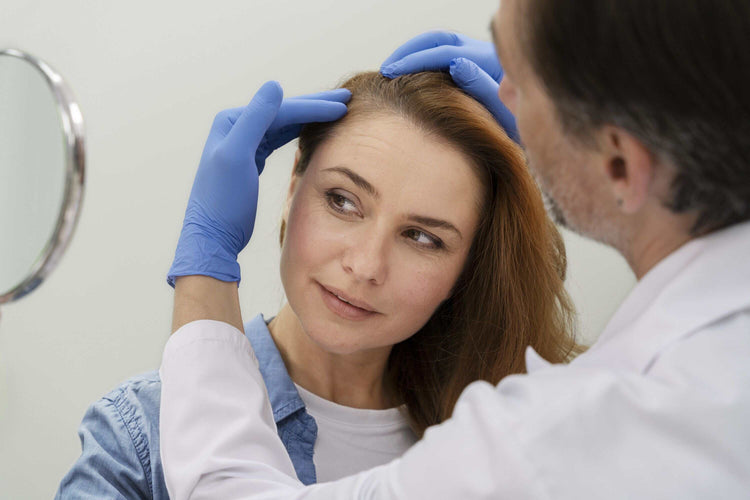
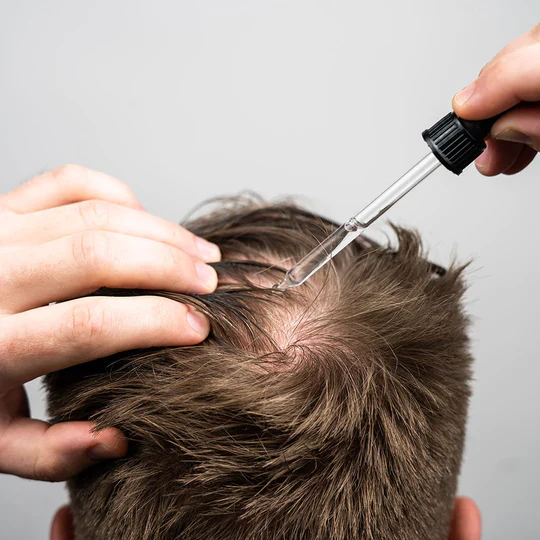
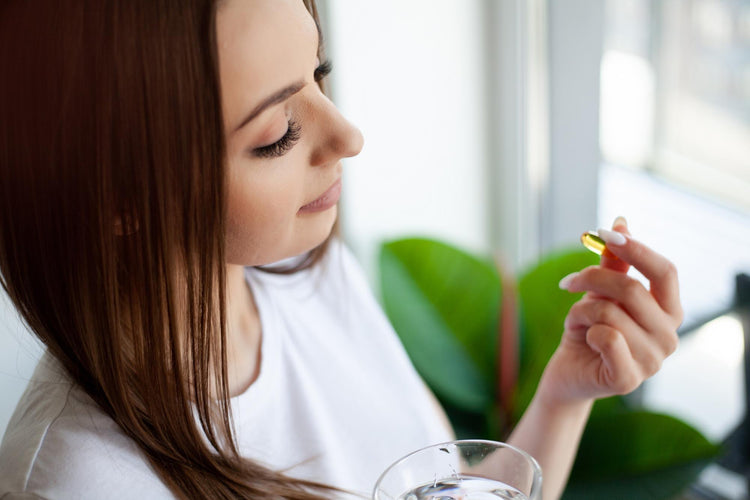

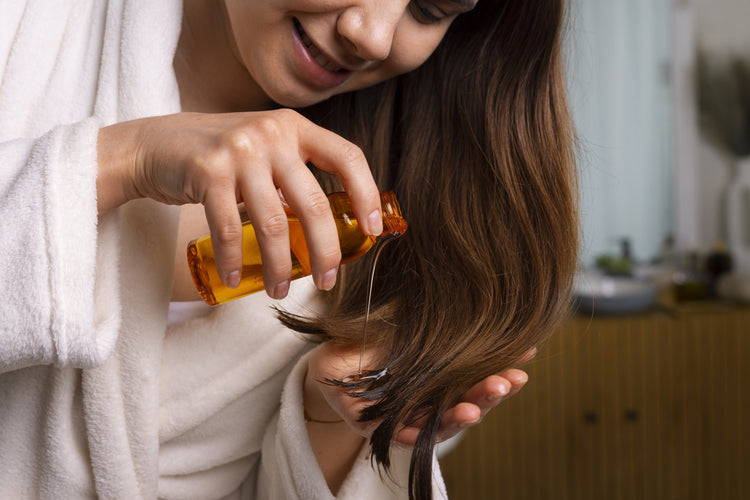
 Rated Excellent by 26,523+ Reviews
Rated Excellent by 26,523+ Reviews